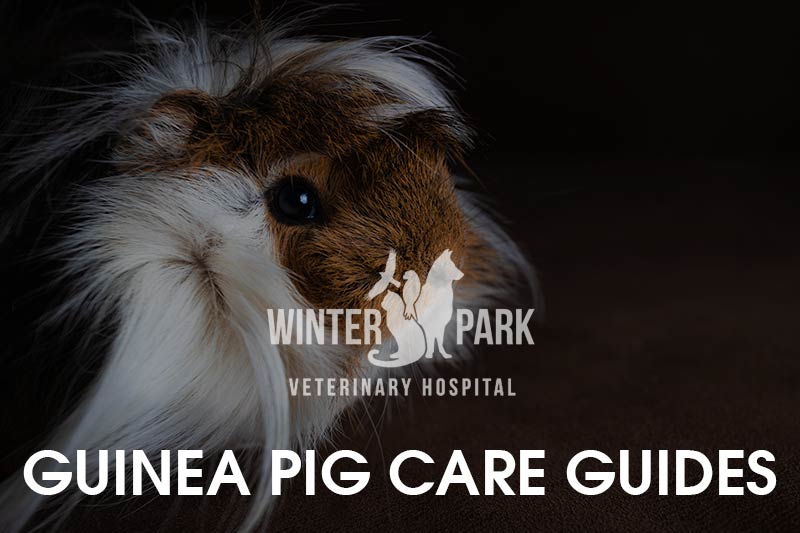Download Rabbit Care Guide – PDF
The majority of health problems seen in pet rabbits involve the gastrointestinal tract.
Feeding an appropriate, high fiber diet can help to avoid the most common illnesses associated with the digestive system, including stomach or intestinal blockage, gastrointestinal stasis, diarrhea, bacterial overgrowth in the intestines, obesity, dental disease, and a general failure to thrive.
HAY
A constant supply of good quality hay must be available 24 hours a day. It has been documented that plenty of roughage, especially hay, will reduce problems with hairballs and other blockages, which can be deadly to rabbits. If you want your rabbit to live to his or her full life expectancy of 8-10 years, you must provide hay. Alfalfa hay may be fed until the rabbit is 6 months old; after that age you should switch to timothy hay or a grass hay such as Orchard grass, Botanical hay, Meadow hay, or Oat hay.
GREEN FOODS
Feed a variety of fresh green foods daily. A maximum of about 1 packed cup per 2 pounds body weight can be fed daily. Greens help your rabbit get a great variety of micronutrients and more importantly provides water in the diet, which will promote healthy gastrointestinal, kidney, and bladder function. You may notice your rabbit will drink very little water when fed a lot of green foods – this is normal. If your rabbit has not had fresh greens before, make sure they are eating hay really well first, then introduce greens slowly and only one to two at a time to avoid diarrhea. See the Rabbit Shopping List for vegetable suggestions.
FRUITS AND OTHER VEGETABLES (TREAT FOODS)
You can feed a total of 1 tablespoon per 2 pounds body weight per day in any combination of approved fruits and vegetables. Find at least one food in the provided list that your rabbit really likes and feed a small amount daily to gauge how good your pet’s appetite is. If your rabbit then doesn’t eat this food, there may be other problems starting and you need to keep a closer eye on them!
PELLETS
Rabbits should be fed fresh, good quality Timothy pellets. If you switch from one brand of pellet to another, do it gradually to avoid upsetting the rabbit’s digestive system. Many pet supply stores keep food in their warehouses for many months prior to when it is placed on their shelves and often their food is already stale. You should not purchase more than a 6-week supply of food at a time or it will become spoiled/rancid and can cause the rabbit to stop eating.
Choose pellets with the following nutritional values: Protein 16-18%; Fiber 18% minimum – the higher the better. Do NOT purchase a feed that is medicated (popular with breeders) or supplemented with bits of dried fruit and seed – it is VERY high in sugar and fat. Pellets (Juvenile rabbit formula – has alfalfa) should be available at unlimited amounts 24 hours a day for rabbits less than 6 months old. After 6 months of age, pellets should be reduced to ¼ cup per 5 pounds of body weight and should be timothy pellets only. Hay must still be the majority of their diet!
WATER
Fresh water should be available at all times. Change bowls and/or bottles at least once a day even if they are not totally empty. Wash bowls and bottles frequently to remove any buildup of hard water residue, mildew, food particles, or bacteria.
FORBIDDEN FOODS
Most treats sold commercially have little nutritional value. One thing to avoid is sugar, as it increases the bad bacteria in a rabbit’s intestines and can cause disease resulting in diarrhea and loss of appetite. See the Rabbit Shopping List for these foods to avoid








